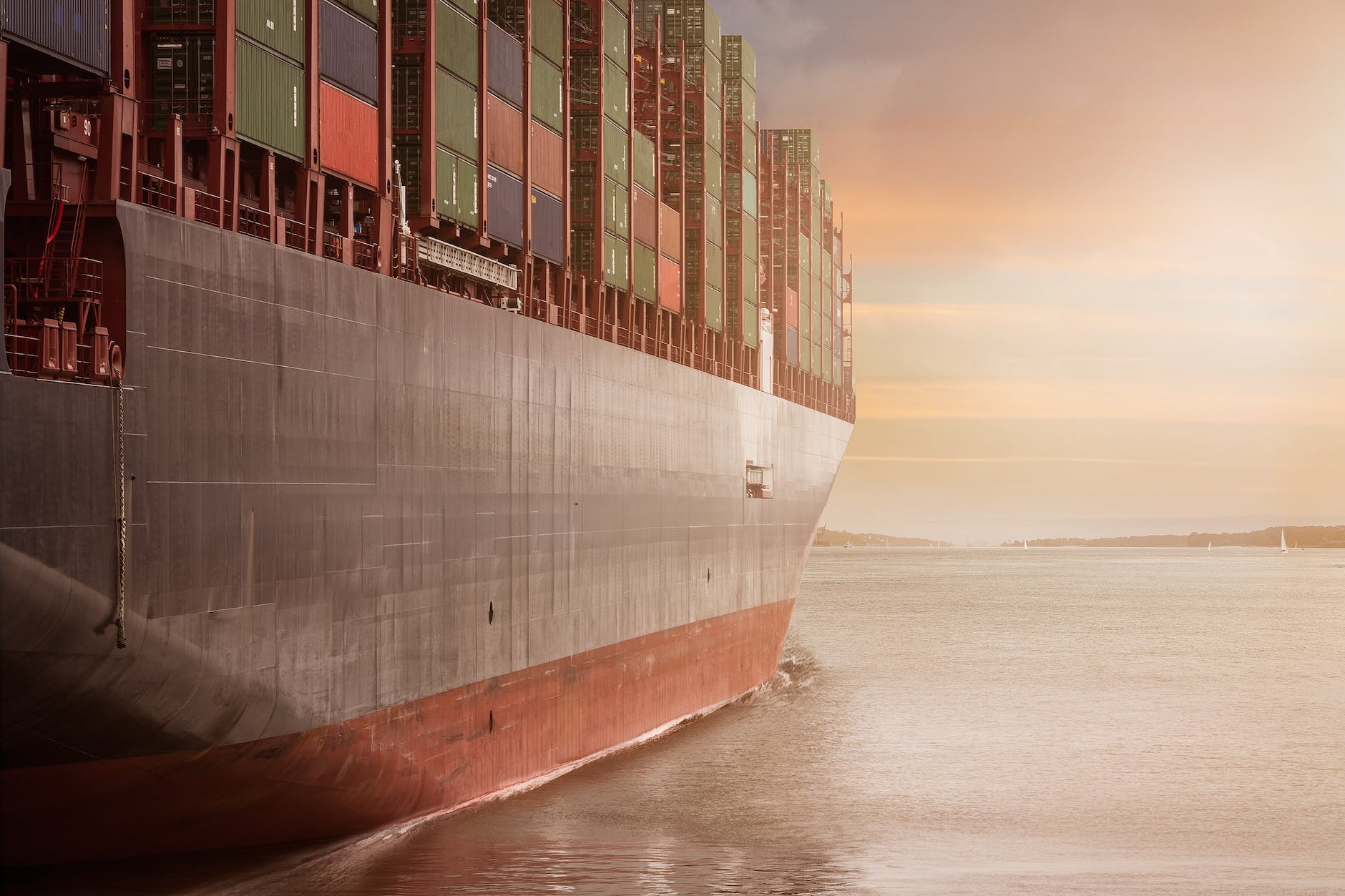Indonesia is a land of opportunities for businesses looking to import products. With a population of over 260 million people and an economy that is continually growing, there are many untapped markets for goods and services. However, before importing to Indonesia, you should be familiar with the country’s laws, customs regulations, and taxes. This comprehensive guide will show you the essential things you need to know when importing to Indonesia.
Obtaining an Import License
Before starting any import business in Indonesia, the first step is to obtain an import license. This license is a document issued by the Ministry of Trade that grants you permission to import goods into the country. Without this license, it will be hard to import to Indonesia, and you may face legal penalties and confiscation of goods.
To obtain an import license, you will need to submit several documents, including a company registration certificate, a tax ID number, and a customs identification number. The process may take some time, so it is best to start early.
Valuation of Goods
All imported goods are subjected to Indonesian customs regulations and are charged customs duty at the time of entry into the country. The amount of customs duties is based on the value of the goods and the duty rates applicable to the specific products. Therefore, it is essential to accurately value your goods to ensure you pay the correct duty amount.
Customs Procedures
The customs procedures in Indonesia can be complex. A reliable and experienced customs broker can be an invaluable asset in navigating through the process. They ensure that your goods meet Indonesian customs regulations and identify any potential issues that could slow down the clearance process. Additionally, they monitor the clearance process, ensure prompt payment of duties, and handle issues with any customs queries.
Tariff Codes
A tariff code is a unique identifier allocated to every product that is imported or exported out of Indonesia. It identifies the product and provides information on its customs classification. Accurate tariff coding is necessary to determine the right duty rate payable on each product. Using the wrong code can result in fines, detention of goods, and incorrect payment of duties.
Taxes
Apart from customs duty, importers also need to pay Value-added tax (VAT) and Income tax. VAT is charged on the value of the goods and is currently set at 10% in Indonesia. Income tax, on the other hand, is charged on any profits made from the sale of imported goods. Understanding and complying with these tax regulations is crucial in avoiding legal issues and additional financial obligations.
Importing to Indonesia is a profitable business venture for many traders, but it requires familiarity with customs regulations, tax laws, and licensing requirements. To ensure a smooth and successful importation process, it is crucial to leverage the services of a reliable customs broker. They will assist you in navigating through Indonesia’s complex trade regulations and allow you to enjoy the full benefits of carrying out import activities in Indonesia. With this comprehensive guide, you are now equipped with the necessary information to venture into Indonesia’s import market and make a profitable return on investment.

